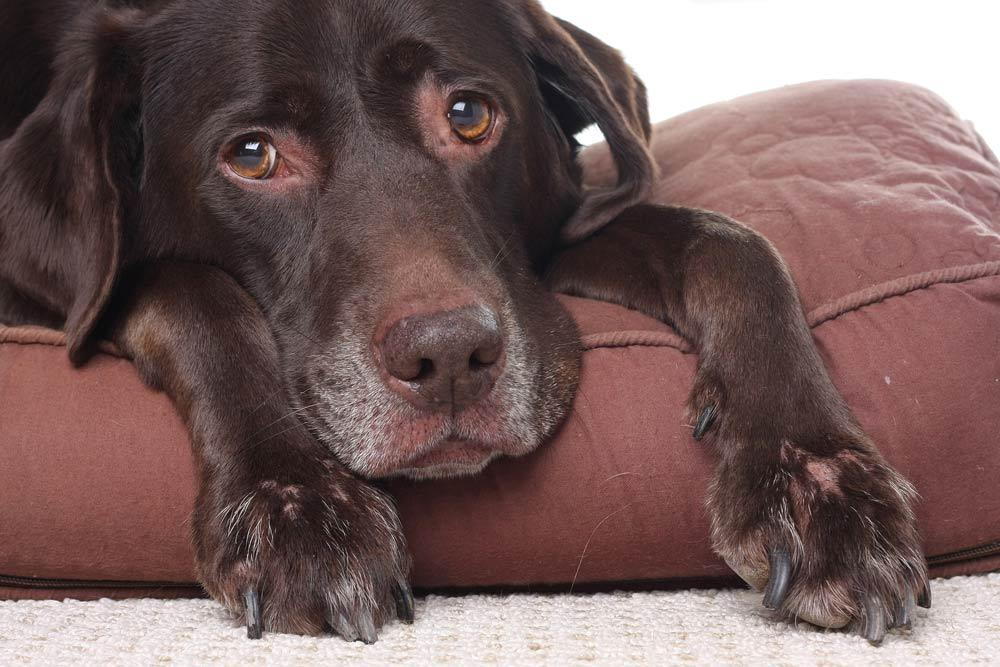
As a dog owner, you should always ensure you walk with your dog through every stage of treatment to give your furry friend the best care possible. Gather all the information necessary about the effects each procedure could have on your pet and the best way to manage it during recovery.
Our veterinarian at TLC for Pets Veterinary Hospital in Reisterstown, MD, will keep you informed about each stage of treatment, surgery, and the consequences to expect. That way, you can prepare adequately for the effects of the procedure and provide your pet with better care. Here are several questions you should ask before your pet's surgery.
What Happens, and How Is Pain Controlled?
Have the surgeon explain what will happen during the surgery through pictures or a book. It would help if you understood the general concept, and some veterinarians may provide a model to help you know.
You should also seek information on pain control. Minor surgical procedures may only require a few injections to help manage the pain, but complex surgeries may need a more sophisticated pain management schedule. You want to ensure our doctor has pain management options to avoid putting your pet through an overly painful and stressful recovery period.
The Complications and Risks Involved
Every surgical procedure has potential risks, and you should ask your veterinarian about them before the process begins. Our surgeon will explain the risk to you, both in theory and from experience, to prepare you.
Typically, the surgeon should take you through the following:
- Minor complications, like bruising, swelling, and oozing, are natural consequences of most surgeries.
- Possible serious complications include severe bleeding, infection, or opening up of an incision.
- Potential catastrophic cases include failure of the surgery or death of your pet.
How Will My Pet Stay Warm during the Surgery?
Like humans, pets must stay warm when under anesthesia since they get cold quickly. Depending on what our veterinarian can provide, you can use warming devices, such as warm water beds, fluid warmers, or warm air blankets. However, your pet may experience a slow recovery when it feels cold and risks developing health complications.
Our Veterinarian Will Help with Surgery and the Recovery Process
Surgeries can be stressful for you and your pet, but a professional veterinarian can make them more manageable. Our veterinarian at TLC for Pets Veterinary Hospital, Owings Mills, MD, will walk you through each step of the process to ensure you know what to expect and manage the procedure's consequences better. So book an appointment for your pet today by calling (410) 833-1717.


